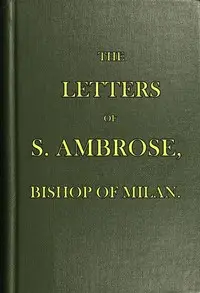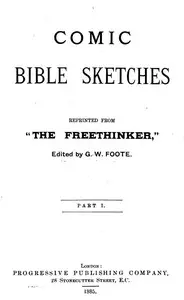"The Letters of S. Ambrose, Bishop of Milan" by the Bishop of Milan Saint Ambrose is a collection of letters written during the late 4th century. This work comprises ambrosian epistles that reflect the theological and pastoral concerns of Ambrose during a time of significant religious and political upheaval in the Roman Empire. The letters cover topics such as faith, ethics, church governance, and heretical challenges, revealing Ambrose's influence as a church leader and theologian. At the start of the collection, the opening letters set the tone for Ambrose's correspondence with various recipients, including emperors and bishops. In his first letter, he responds to Emperor Gratian's earnest request for theological guidance, expressing his humility and commitment to helping shape Gratian's understanding of the Holy Spirit. Ambrose emphasizes the importance of faith and the divine nature of Christ, intertwining personal affection with ecclesiastical responsibilities. These early exchanges highlight Ambrose’s role as a pivotal figure in early Christian thought, as he navigates the complexities of faith, power, and pastoral care while addressing critical religious issues of his time. (This is an automatically generated summary.)

The Letters of S. Ambrose, Bishop of Milan
By Saint Ambrose
"The Letters of S. Ambrose, Bishop of Milan" by the Bishop of Milan Saint Ambrose is a collection of letters written during the late 4th century. This...
Ambrose of Milan, venerated as Saint Ambrose, was a theologian and statesman who served as Bishop of Milan from 374 to 397. He expressed himself prominently as a public figure, fiercely promoting Roman Christianity against Arianism and paganism. He left a substantial collection of writings, of which the best known include the ethical commentary De officiis ministrorum (377–391), and the exegetical Exameron (386–390). His preaching, his actions and his literary works, in addition to his innovative musical hymnography, made him one of the most influential ecclesiastical figures of the 4th century.













